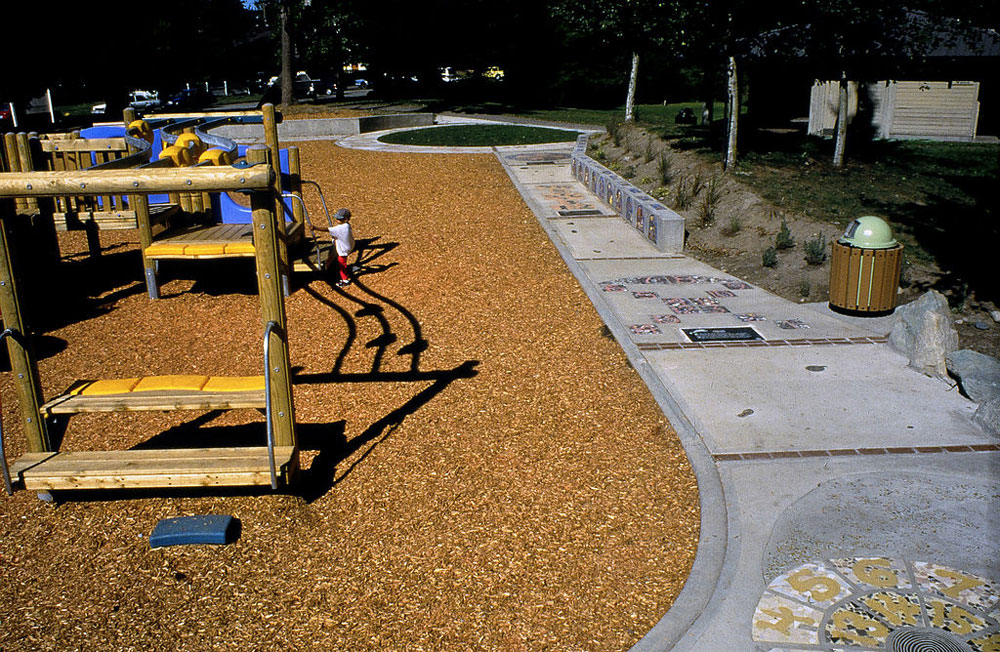
June 13, 2019; Last Real Indians
Last Real Indians reports that Seattle Public Schools (SPS) is ending its partnership with the Urban Native Education Alliance (UNEA) and its Clear Sky youth programming and has given the program until August to remove their things from the school. This very same school used to be the Indian Heritage High School and is located on the sacred lands of Licton Springs.
The strongly worded letter sent by SPS officials cited the lack of impact data and paperwork as one reason for this decision. UNEA insists they had turned in proper paperwork and have displayed metrics—a 100-percent graduation rate for program participants among them—that show success for both their program and the school.
Crosscut’s article covering the revoked partnership found that state metrics mirrored the success metrics from UNEA, indicating the program is effectively addressing the needs of American Indian students in the Seattle education system.
SPS publicly recognizes the need to address the needs of students of color and to address the historical context by which education disparities was created. So, shouldn’t they also be keeping their own success metrics per program addressing these disparities? For SPS to kick out UNEA’s Clear Sky over a lack of program data is a stretch. Their letter did not indicate specific dates, times, or instances for the lapses in data requested from UNEA. With a strategic plan focusing on success for their students of color, one would think SPS would keep proper and necessary paper trails for any program serving to assist them with their strategic goals. And to end this partnership without visible effort to help them comply with internal policy for the sake of the students and their success shows this decision was not about student success.
Sign up for our free newsletters
Subscribe to NPQ's newsletters to have our top stories delivered directly to your inbox.
By signing up, you agree to our privacy policy and terms of use, and to receive messages from NPQ and our partners.
Steve Dubb, in a March 2019 NPQ article, discussed American’s longstanding history of whitewashing cultures through the American education system. In it, he cites an article by Alia Wong that interviews David Treuer, author of The Heartbeat of the Wounded Knee: Native America from 1890 to the Present. “Education was something that was done to us, not something that was provided for us,” Treuer said. “People tend to read American Indian history as a sideshow to American history; it’s treated, at least in schools today, as a breakout unit that one trots out around Thanksgiving, in November.” Clear Sky’s programming attempts to walk back that whitewashing to teach American Indian history as part of American history, not a side piece.
The eviction of the Clear Sky program is even more hurtful for the Native American community, who held high hopes for the partnership after the Indian Heritage School was closed and the space used for a new middle school. Indian Country Today reported in 2016 UNEA was key in naming the new middle school after the late principal of the Indian Heritage School, Robert Eagle Staff. Eagle Staff was an indigenous educator who led a program that had a 100-percent graduation and college attendance rate, according to the Indian Country Today article. After Eagle Staff’s tenure, SPS let the Indian Heritage School fall to pieces as they allocated resources to other parts of the district.
A similar situation is happening with Licton Springs K–8, “an option school that emphasizes Native American history and cultural practices.” according to an article in the Seattle Times. SPS is considering moving the school yet again from Licton Springs, as the schools are over capacity and reports come of classes being held in hallways.
The decision to close the Indian Heritage School and erect a new middle school was an unpopular one, but one made with promises to the Native community. UNEA established a partnership for the Clear Sky program at the Robert Eagle Staff Middle School in the hopes to create a Cultural Native hub on the Sacred Licton Springs. The land was a home to the Duwamish people, an American Indian nation that has been repeatedly denied its rights since the broken 1855 Treaty of Point Elliott, a promised exchange of land for a reservation with fishing and hunting rights. The Duwamish were denied federal tribal recognition in a 2015 final decision, therefore denied the federal opportunities that come with that recognition. Some in the community recognize these wrongs and, through a group called Real Rent Duwamish, CityLab reports, are paying rent for the lands as reparations.
It would be nice to say the lesson learned is that our institutions are actively working to systematically right the wrongs in their communities. And while some are attempting this work, unfortunately, the main lesson from this is the importance of advocacy groups as they continue to amplify people’s voices.—Sarah Miller













